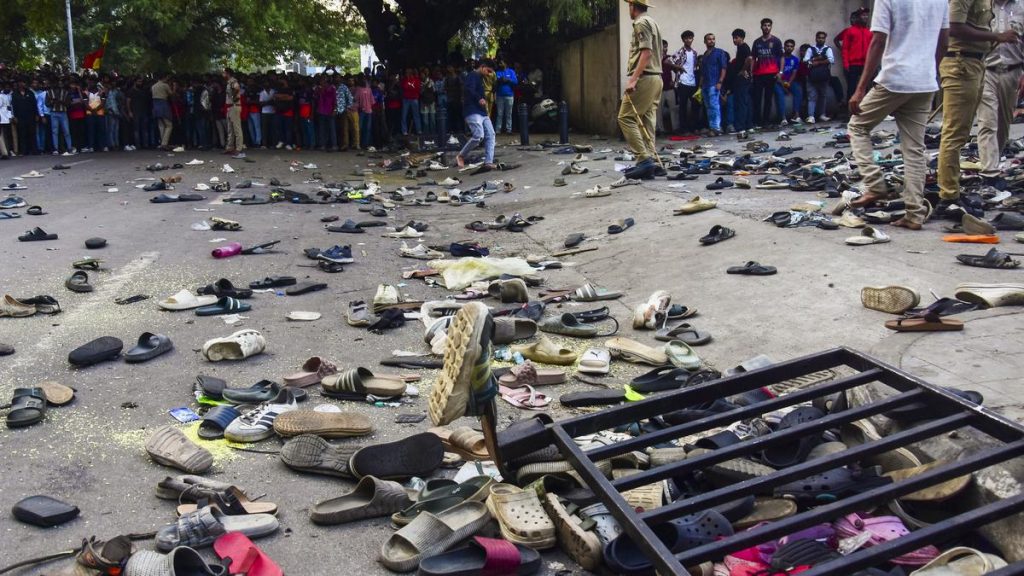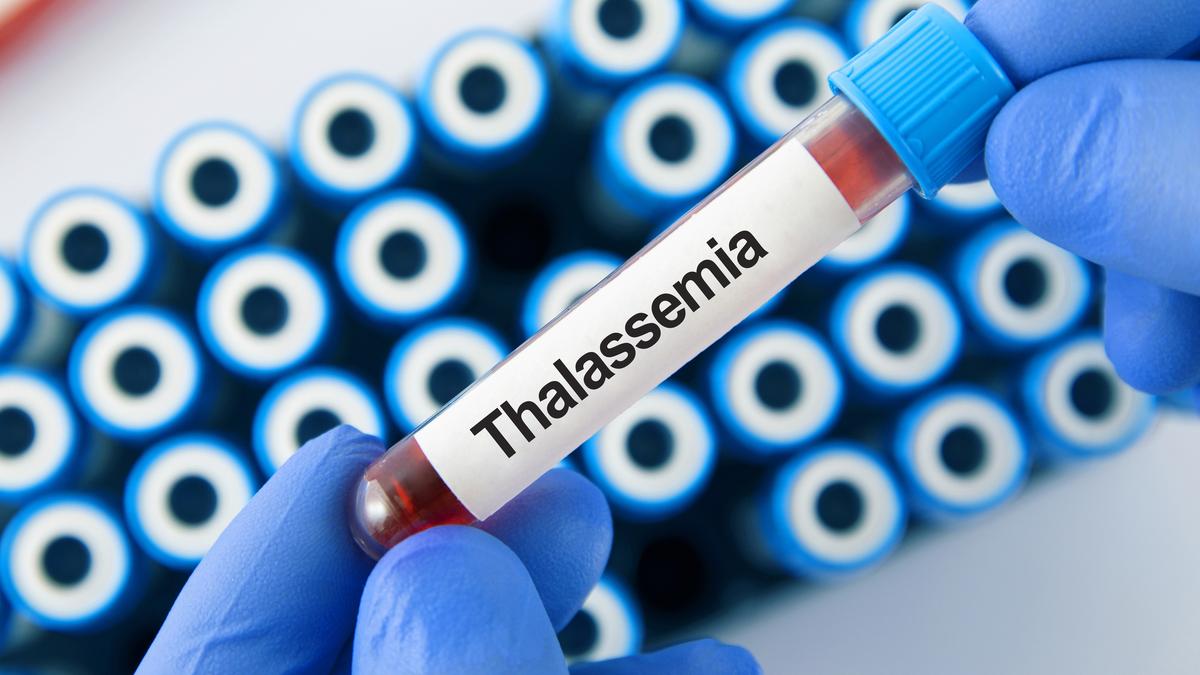Now Reading: POSH Act Set to Cover TV Serial Sector, Confirms WCD Director
-
01
POSH Act Set to Cover TV Serial Sector, Confirms WCD Director
POSH Act Set to Cover TV Serial Sector, Confirms WCD Director

Quick summary
- Workshop Inaugurated: A two-day workshop on combating violence against women and girls was organized by the centre for Public Policy and Research (CPPR) in association with the U.S.Consulate General, Chennai, in Thiruvananthapuram.
- POSH act Expansion: Kerala’s Women and child Development (WCD) department is extending efforts to apply the Sexual Harassment of Women at Workplace (POSH) Act, 2013, to sectors beyond film industry-starting with TV serials and later focusing on gig workers.
- Progress Updates:
– Internal committees (ICs), mandated under POSH Act, have been instituted across various government departments but not universalized statewide.
– Trainings are ongoing for IC members in Technopark, Cyberpark, and SmartCity hubs.
– Outcome assessments are planned to measure effectiveness of budget allocations for gender concerns.
- Legal Challenges Highlighted:
– The DIG noted that patriarchy and socio-cultural norms need addressing alongside law enforcement efforts; conviction rates remain low (~16% for POCSO cases).
– One woman protection officer currently serves Thiruvananthapuram district-a gap requiring attention.
– Fast-track court delays noted: over 30% of cases pending resolution despite existing mechanisms.
- Policy Recommendations:
– Strengthen survivor-centric approaches, rehabilitation measures, fast-track justice processes.
– Conduct outcome-based evaluations of institutions/laws; follow-up support emphasized.
- Speakers included policymakers from Kerala State departments and also experts from CPPR & Raksha Inc., U.S.
Indian Opinion Analysis
The workshop reflects Kerala’s proactive steps towards strengthening institutional mechanisms aimed at addressing gender-based violence-a critical issue across India. By expanding submission of the POSH Act into industries like TV serial production and planning inclusion of gig workers’ concerns, the state demonstrates an evolving understanding of workplace harassment in diverse sectors.However, significant hurdles remain-such as low conviction rates (~16%) in POCSO cases or gaps like insufficient staffing (only one woman protection officer per district). These challenges highlight systemic inefficiencies limiting progress despite strong legislation. Moreover, pending case backlogs indicate broader judicial capacity constraints hindering timely resolution.
The emphasis on outcome assessments is a progressive step towards accountability-driven policymaking-it could help translate financial allocations into tangible results while ensuring survivors’ welfare remains central to reform initiatives. Lessons from international best practices present opportunities for local adaptation.Kerala’s approach provides a notable example others can learn from-but sustaining momentum while overcoming structural bottlenecks will be key if meaningful systemic change is to be achieved nationwide.
Link for read more: Published July 17, 2025
























